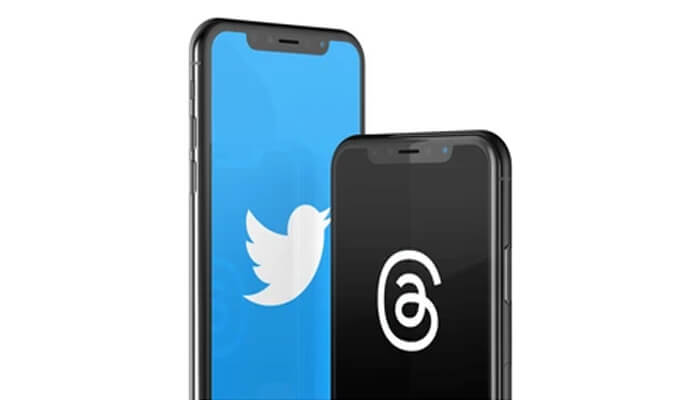Introduction
Hundreds of internal corporate documents, dubbed the “Facebook Papers,” revealed information that in late 2021 drew harsh criticism from politicians, consumers, and civil society organizations and compelled company leaders to testify before Congress. Widespread skepticism greeted Mark Zuckerberg’s proposal to pivot to the so-called metaverse and rebrand Facebook as Meta. Additionally, Apple’s privacy restrictions put enormous pressure on the company’s primary advertising division.
But then Elon Musk, another internet millionaire, caught the sudden attention of lawmakers, the media, and the whole tech industry.
The instability that Musk has caused at Twitter since last October was a major factor in the app’s sudden success. He has succeeded in upsetting a lot of the platform’s users and advertisers over that period with his unpredictable remarks, mass firings, and big revisions to Twitter’s standards. Musk’s ownership of Twitter has been criticized by people, but for Zuckerberg, it may be the best thing that could have happened.
In a statement made by Herbert Hovenkamp, a professor at the University of Pennsylvania’s Carey Law School, he expressed that Elon Musk has continuously managed to upset his own user base with his actions. This sentiment is shared by some early Threads users who found themselves perplexed by the situation. They found it peculiar that they were willing to be a part of a social network operated by a billionaire whose company has been under significant public scrutiny. Despite the criticism surrounding Musk’s ventures, there appears to be a level of eagerness among these users to join his social network platform.
Musk has also come under fire from Zuckerberg, including when a SpaceX explosion unintentionally destroyed a satellite that Facebook was using and in a 2017 Facebook Live broadcast where he was criticized for his views on artificial intelligence.
A billion-user chance
For Zuckerberg and Meta, the disruption and instability caused by Musk’s takeover of Twitter could not have happened at a worse time.
The social media behemoth’s business had a terrible year, posting its first-ever quarterly revenue decline as a publicly traded company during the June quarter and then again in each of the two remaining quarters as it battled a sluggish online advertising market while investing billions in its plan for the metaverse. The company’s market worth decreased by more than $600 billion in 2022.
Now, Meta and Zuckerberg have tremendous new potential with the introduction of Threads. Threads may be a strategy to encourage social media users to use Meta’s apps more frequently, particularly as Facebook increases.
In comparison to Twitter’s 238 million active users before Musk’s acquisition, Mark Zuckerberg said on Wednesday that he aims to have more than one billion users on Threads at some point.
Bottom Line
Although there are now no advertisements on the platform, Threads may eventually help to complement Meta’s primary advertising revenue. In an interview with The Verge this week about the new platform, Instagram head Adam Mosseri, who oversaw the Threads launch, said “if we make something that lots of people love and keep using, we will, I’m sure, monetize it” through advertising.



